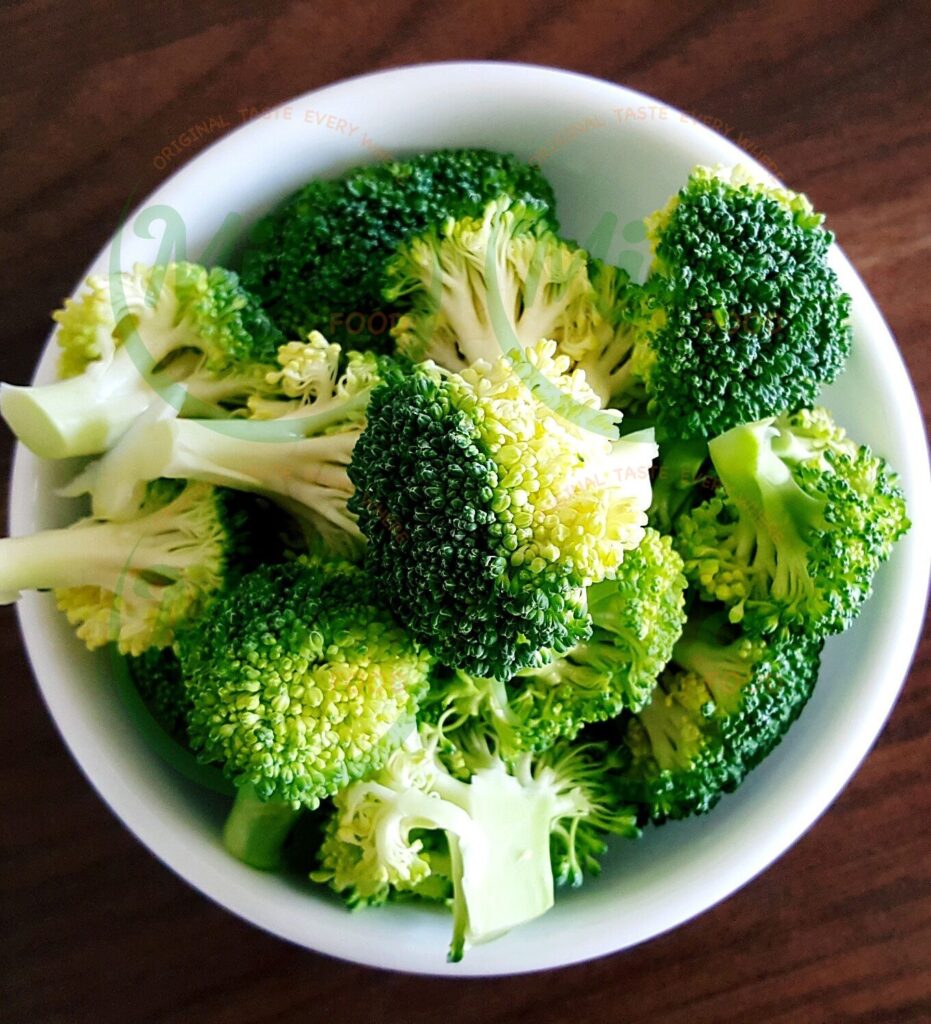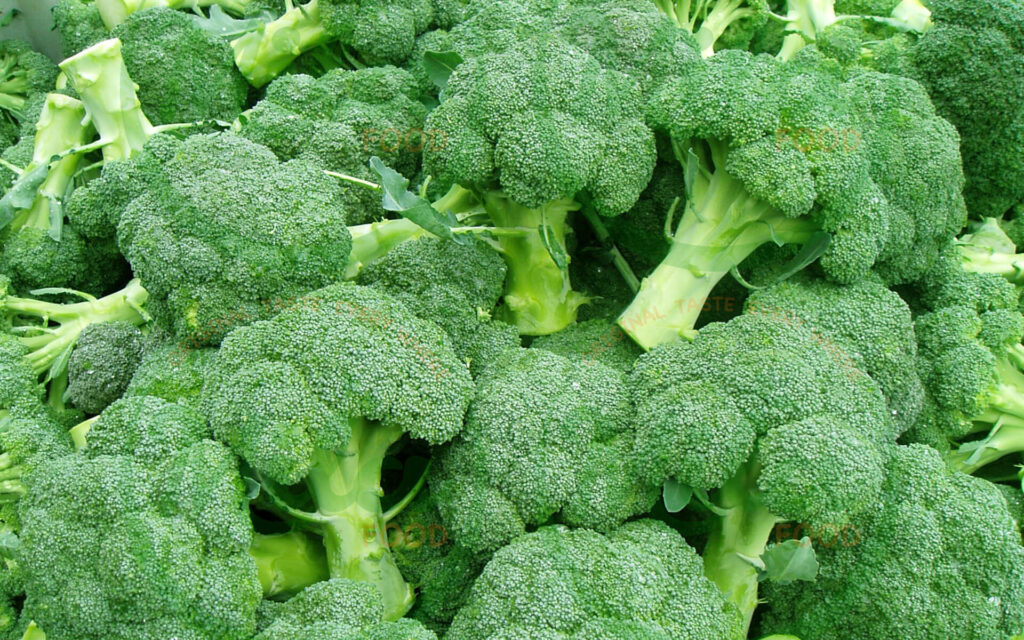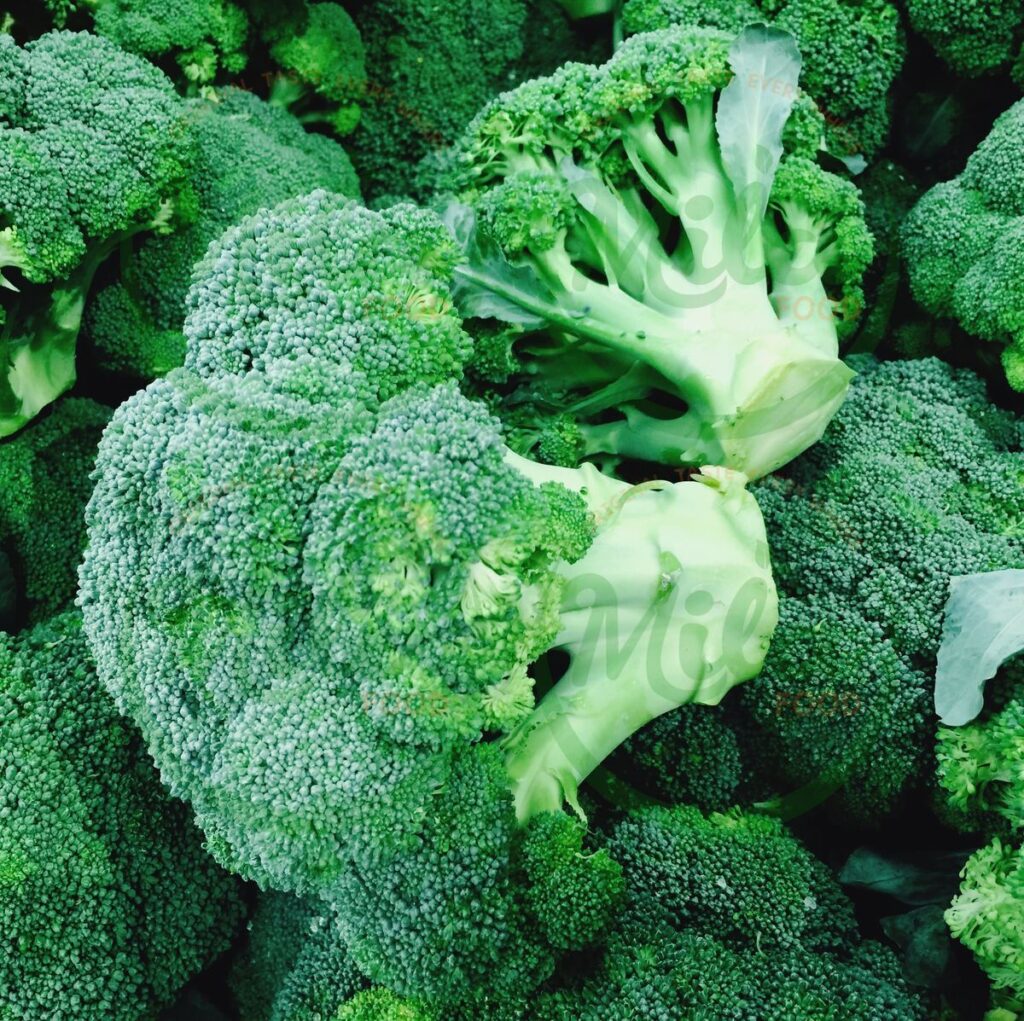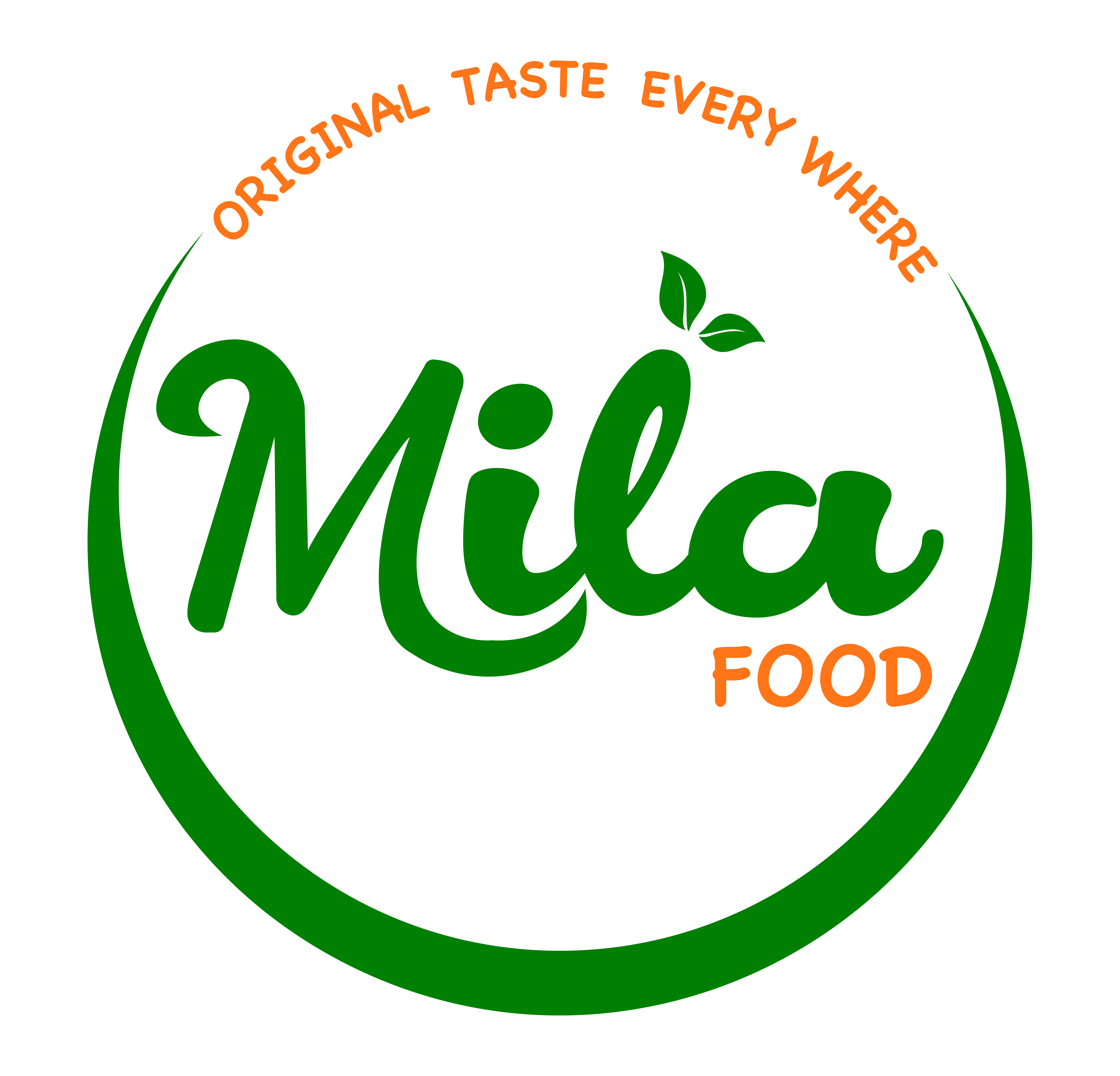


Egyptian broccoli, where verdant florets and crunchy stalks offer a bounty of nutritional goodness and culinary possibilities. With its vibrant color and versatile flavor, broccoli has secured its place as a beloved vegetable in Egyptian cuisine, adding both visual appeal and healthful benefits to a diverse range of dishes. Join us as we delve into the fascinating story, culinary uses, and nutritional advantages of this esteemed member of the Brassica family.
History and Origins: Egyptian broccoli, scientifically known as Brassica oleracea var. italica, has a rich history that spans centuries. Although its exact origins are uncertain, broccoli has been cultivated and enjoyed in Egypt for generations, embraced for its nutrient density and culinary versatility. References to broccoli cultivation and consumption can be found in ancient Egyptian texts, showcasing its enduring presence in Egyptian cuisine. Today, Egyptian broccoli continues to thrive in the fertile soils of the Nile Delta, embodying a legacy of culinary excellence and cultural heritage.
Appearance and Flavor Profile: Characterized by its lush green hue and distinctive florets, Egyptian broccoli exudes freshness and vitality. Its flavor is earthy and slightly sweet, with a hint of nuttiness that adds depth to dishes. Whether steamed, roasted, stir-fried, or enjoyed raw, broccoli offers a satisfying crunch and a burst of flavor that elevates any meal. Its versatility makes it a welcome addition to salads, stir-fries, soups, casseroles, and beyond, providing both texture and nutrition to a wide array of culinary creations.
Culinary Uses and Applications: Egyptian broccoli is prized for its culinary versatility, lending itself to a myriad of dishes and cooking techniques. The florets can be steamed to tender perfection and served as a nutritious side dish, or roasted to caramelized goodness for added depth of flavor. Broccoli can also be incorporated into pasta dishes, stir-fries, and gratins, adding both color and nutritional value to the meal. Additionally, broccoli stalks can be peeled, sliced, and enjoyed raw as a crunchy snack or added to salads for a refreshing twist. With its adaptability and nutrient density, Egyptian broccoli offers endless possibilities for culinary exploration and creativity.
Nutritional Benefits: Beyond its culinary appeal, Egyptian broccoli boasts an impressive array of nutritional benefits. It is rich in vitamins, minerals, and antioxidants, making it a powerhouse of essential nutrients for overall health and well-being. Broccoli is an excellent source of vitamin C, vitamin K, folate, and fiber, which support immune function, bone health, and digestive health. Additionally, broccoli contains phytonutrients such as sulforaphane, glucosinolates, and flavonoids, which have been associated with numerous health benefits, including anti-inflammatory and anti-cancer properties. Incorporating Egyptian broccoli into your diet can help promote optimal health and vitality, nourishing both body and soul with its nutrient-rich goodness.
Cultivation and Sustainability: Egyptian broccoli is cultivated in the fertile soils of the Nile Delta using sustainable agricultural practices. Traditional farming methods, including crop rotation and natural pest control, help maintain soil health and biodiversity while minimizing environmental impact. Whether grown on small family farms or larger agricultural estates, Egyptian broccoli reflects a commitment to sustainability and responsible stewardship of the land.

